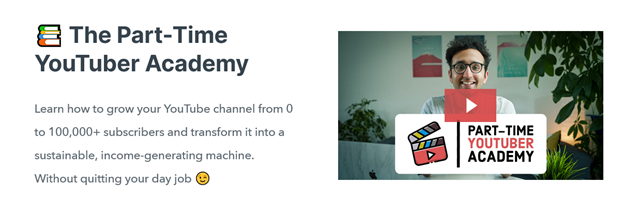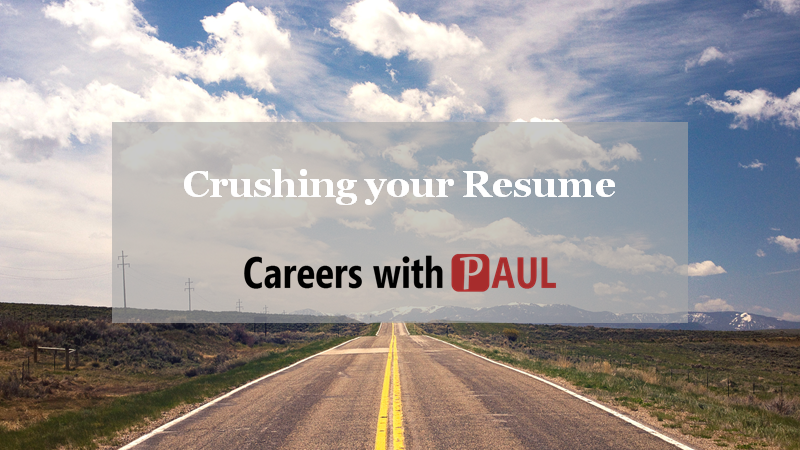
To succeed in an above average way in today's world requires an ability to hack through complexity, policies, rules, and gatekeepers. This is grueling work and probably fuels some of what people describe as burnout.
Utopia of rules as david graeber said.
Utopia of rules as david graeber said.
I'm not only talking about running a business, I'm talking about just day to day stuff. We've added a tech stack to an already complex layer of actions in the world and the failure potential has just increased.
Graeber called this the age of “total bureaucratization" and said humans are always fighting this:
"Freedom, then, really is the tension of the free play of human creativity against the rules it is constantly generating."
"Freedom, then, really is the tension of the free play of human creativity against the rules it is constantly generating."
Almost every aspect of my life has required some hacking just to stay afloat. This includes payment processing, billing mistakes, multiple frauds I had to fight to get refunded, a multi-layer helpless US healthcare beauracracy, software crashes, hidden fees, locked accounts, etc
The only people that can avoid this are in the cash economy and arguably have more peaceful lives.
This is why you can never be free even as a digital nomad, solopreneur, etc.. You are reliant on systems which will attempt to undermine your creative energy all the time.
This is why you can never be free even as a digital nomad, solopreneur, etc.. You are reliant on systems which will attempt to undermine your creative energy all the time.
The full-time job stack used to be a nice way to avoid this, especially with a pension. Now an average FT worker has to deal with healthcare nonsense, planning retirement, navigating healthcare, using apps to order stuff, not to mention the normal human stuff we do.
But we are trained into this mode and don't expect life to be any other way.
"Almost every endeavor that used to be considered an art now requires formal professional training and a certificate of completion" - Graeber
"Almost every endeavor that used to be considered an art now requires formal professional training and a certificate of completion" - Graeber
• • •
Missing some Tweet in this thread? You can try to
force a refresh









